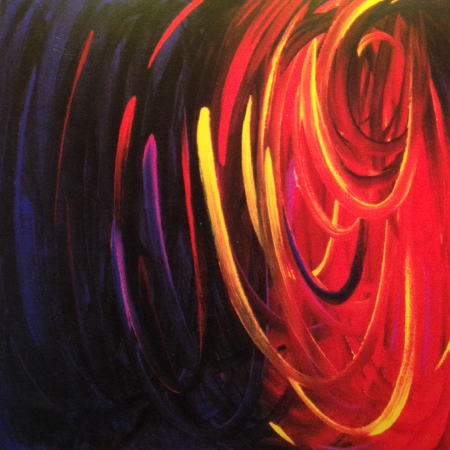Definitions
A Framework For Thinking About The Experience Of Grief
Grief, Bereavement, and Mourning are the words used in the English language to refer to the human experience related to the death of someone important to us. Defining and distinguishing these three words gives a simple, useful framework for understanding the experience of loss. It helps us think about who we are, how we are changed, and what we may need to do.
Grief
Grief is the personal experience we have as a result of a loss. Loss due to death or divorce, loss of health or job, and moving our home are a few examples of significant losses that can cause a grief response. Grief after a death is characterized by pain and disruption in all realms of life: the physical, emotional, mental, social, and spiritual. It is universally human, yet unique to each individual in the way that a fingerprint is. Knowing the common symptoms and course of grief allows us to gauge how we are doing, and know what to expect over time. Often people believe they are “weak”, “going crazy”, “not handling it”, or “having a breakdown” when in fact their grief is normal and healthy in relation to the loss that has taken place. Grief is the natural and expected response to a death.
Bereavement
Bereavement is a designated period of time following a loss by death of a relative or friend. It signifies that a momentous change has taken place and that our personal and social status is different as a result of the death. Many bereaved individuals say, “part of me died too” and feel a need to “redefine who I am.” Historically, religions and cultures have designated who, within the community, are the bereaved relative to the deceased. Mourning rituals and length of the bereavement period are defined. Defining bereavement norms in this way acknowledges the significance of the deceased and the seriousness of the death. It creates allowance for the fact that life is irrevocably changed, and validates the grief response. Many people in modern society are deprived of community acknowledgment, adding the pain of isolation to the pain of grief.
Mourning
Mourning is the expression of sorrow for the dead. It is what we do to demonstrate the grief we are experiencing. It is the means for sharing the pain and disruption of grief. Funerals, prayer, unveilings, wearing black, sobbing, visiting the gravesite, journaling, memorials, and looking at photos are examples of how we overtly express and acknowledge the importance of the one who died, and their death and absence. It is important to foster grief’s natural and healthy progression toward an outcome of acceptance of, and adjustment to, the reality of the death. Mourning is how we do this.
In summary, grief is the physiological, mental, emotional, and spiritual response to the loss. Bereavement is about who we are without the one who has died. Mourning is intentional activities for alleviating the pain and disruption of grief. It helps solidify the memory of the deceased and meaningfulness of life shared.
